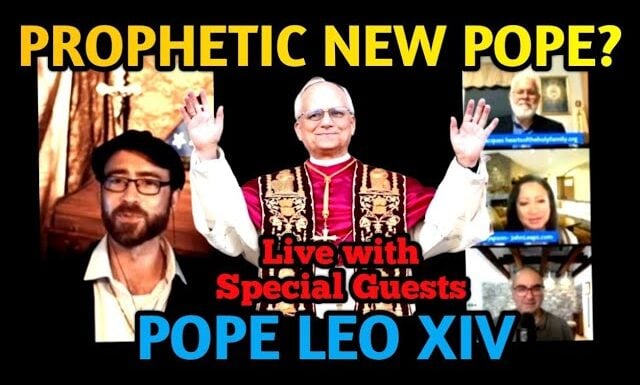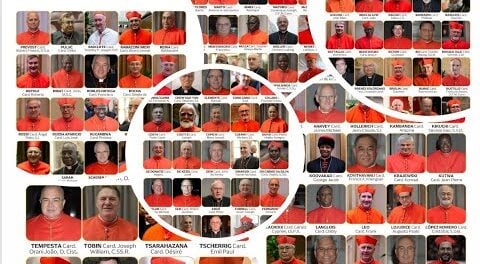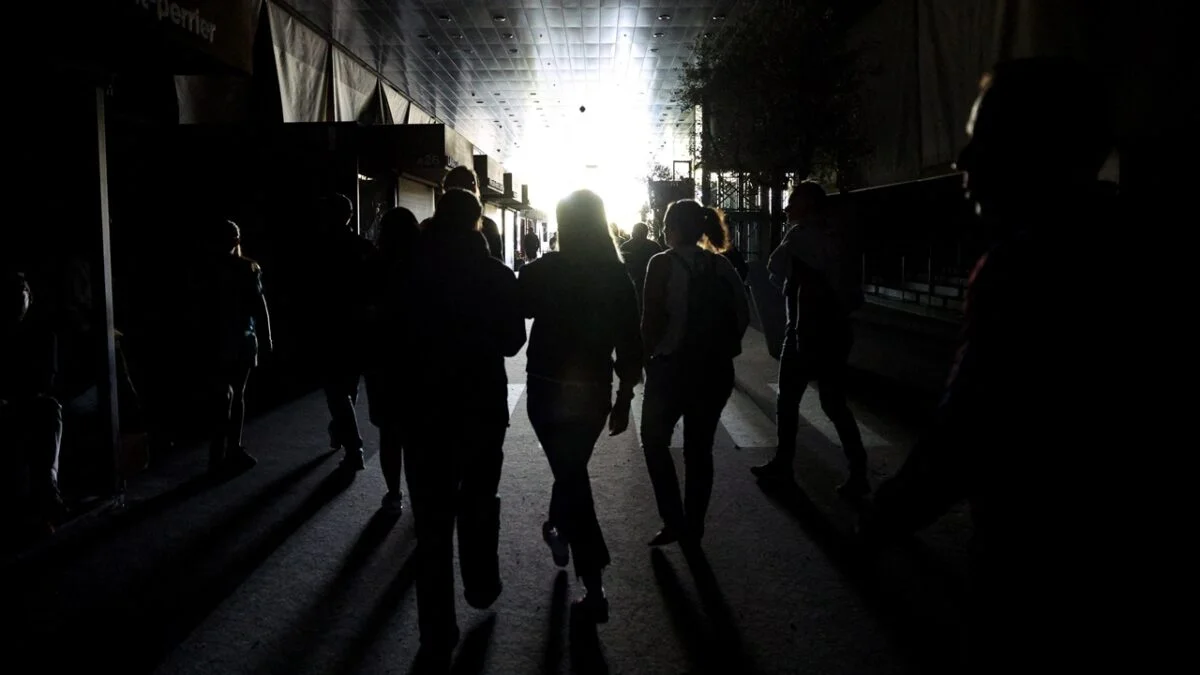
Category: Miracles
-

Michael H. Brown on the Vatican’s Historic Medjugorje Approval!
Read More: Michael H. Brown on the Vatican’s Historic Medjugorje Approval!Join Michael Brown live to breakdown the latest on the momentous Medjugorje approval. ‘The Dicastery for the Doctrine of the Faith, with the assent of Pope Francis, grants approval for devotion linked to Medjugorje, recognizing the abundant spiritual fruits received at the Sanctuary of the Queen of Peace without making a declaration on the alleged…
-
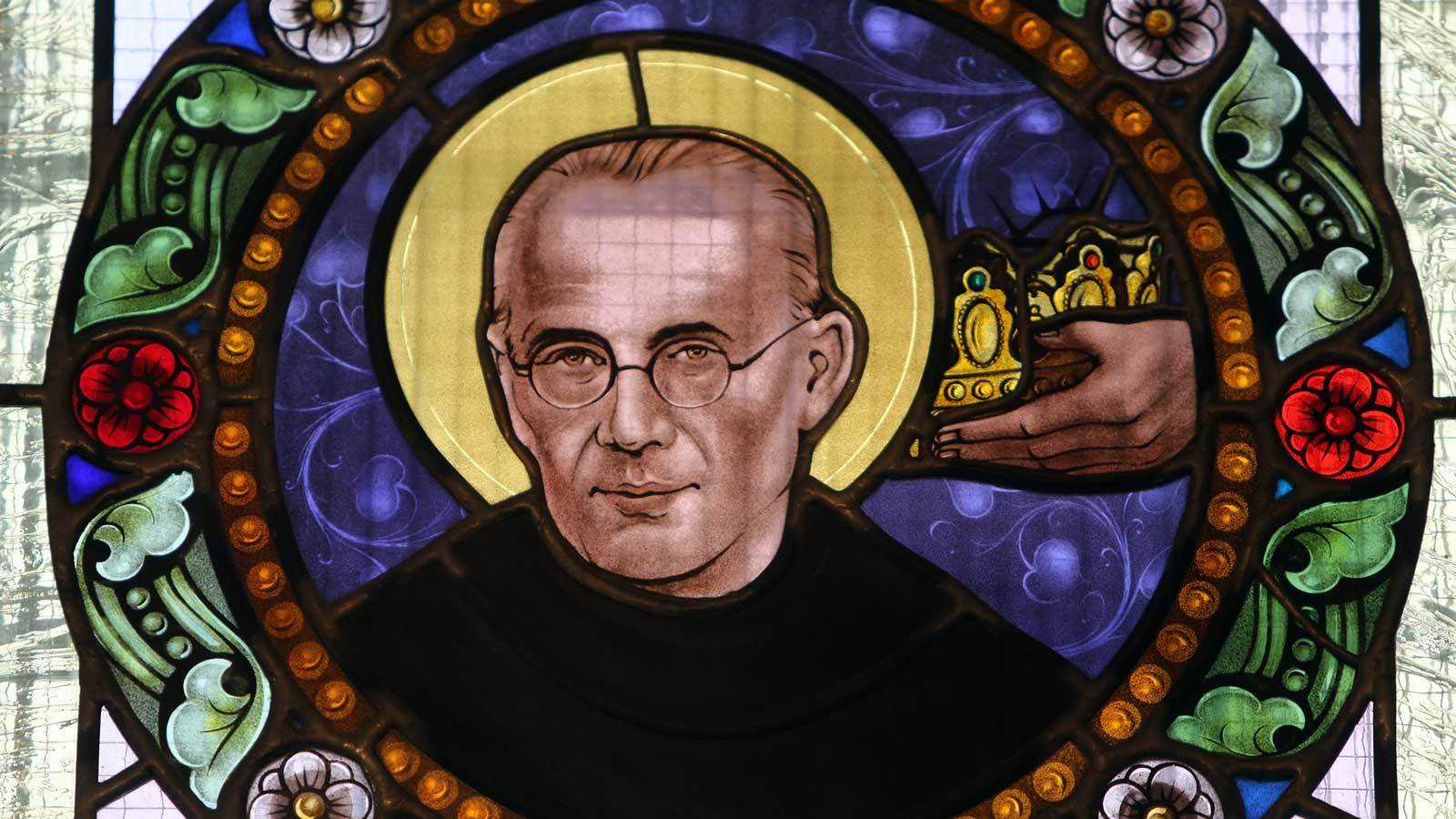
St. Maximilian Kolbe’s weapon for evangelization: the Miraculous Medal
Read More: St. Maximilian Kolbe’s weapon for evangelization: the Miraculous MedalAs World War II raged around him in Poland, St. Maximilian Kolbe fought for souls using a printing press and another “weapon” — the Miraculous Medal. “Even though a person be the worst sort, if only he agrees to wear the medal, give it to him … and then pray for him, and at the…
-
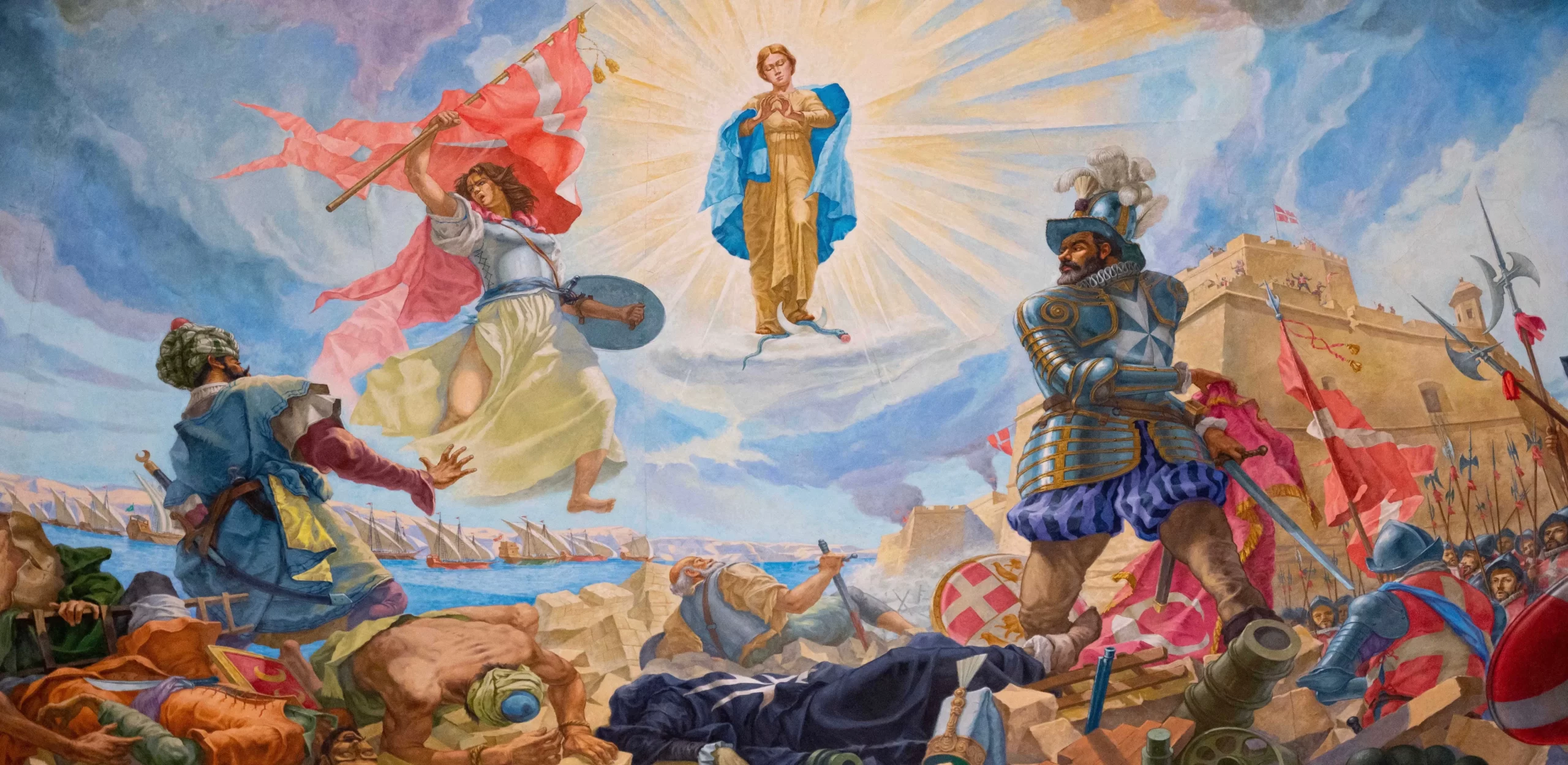
Miracles in Malta: Grace Through Mary’s Intercession!
Read More: Miracles in Malta: Grace Through Mary’s Intercession!he Maltese Archipelago is renowned for its picturesque coastline, exceptional diving spots, and vibrant festas. It also holds a deep and ancient devotion to the Virgin Mary, manifested in several Marian shrines popularly and officially recognized as being miraculous. The rich history and significance of these shrines, and the numerous Marian miraculous events and icons found in this…
-
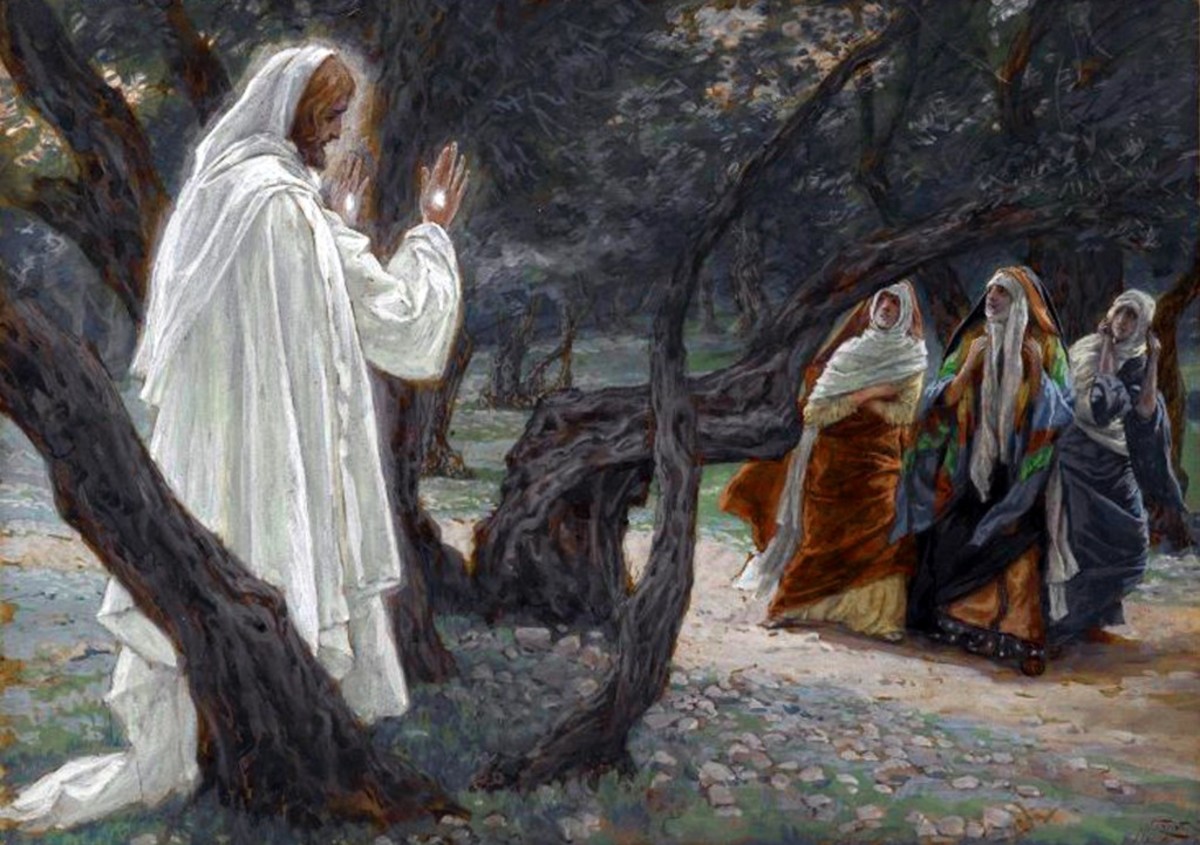
Faith Beyond Facts: 5 Catholic Miracles That Science Can’t Explain
Read More: Faith Beyond Facts: 5 Catholic Miracles That Science Can’t Explain1. The Miracle of the Sun at FatimaIn 1917, over 100,000 people witnessed the sun dancing in the sky of Fatima, Portugal. “The sun started spinning like a pinwheel, casting multi-colored lights all over the place.” Skeptics and faithful were left stunned, says Scheel. It is one of the most documented and extraordinary miracles in…
-

Did You know the Oldest Marian Apparition?
Read More: Did You know the Oldest Marian Apparition?Our Lady of the Pillar (officially in Spanish, Nuestra Señora del Pilar de Zaragoza,) is recognized as the first Marian apparition in the history of Christianity and is the only one that happened while the Virgin Mary was still alive. Although it was technically a bilocation of Our Lady, because she was living with John…
-

Watch What this Cat is Doing!
Read More: Watch What this Cat is Doing![video src="https://motherandrefuge.com/wp-content/uploads/2024/04/9b4e4d486e339a8f4f9dc14f2358b40d.mp4" /]
-
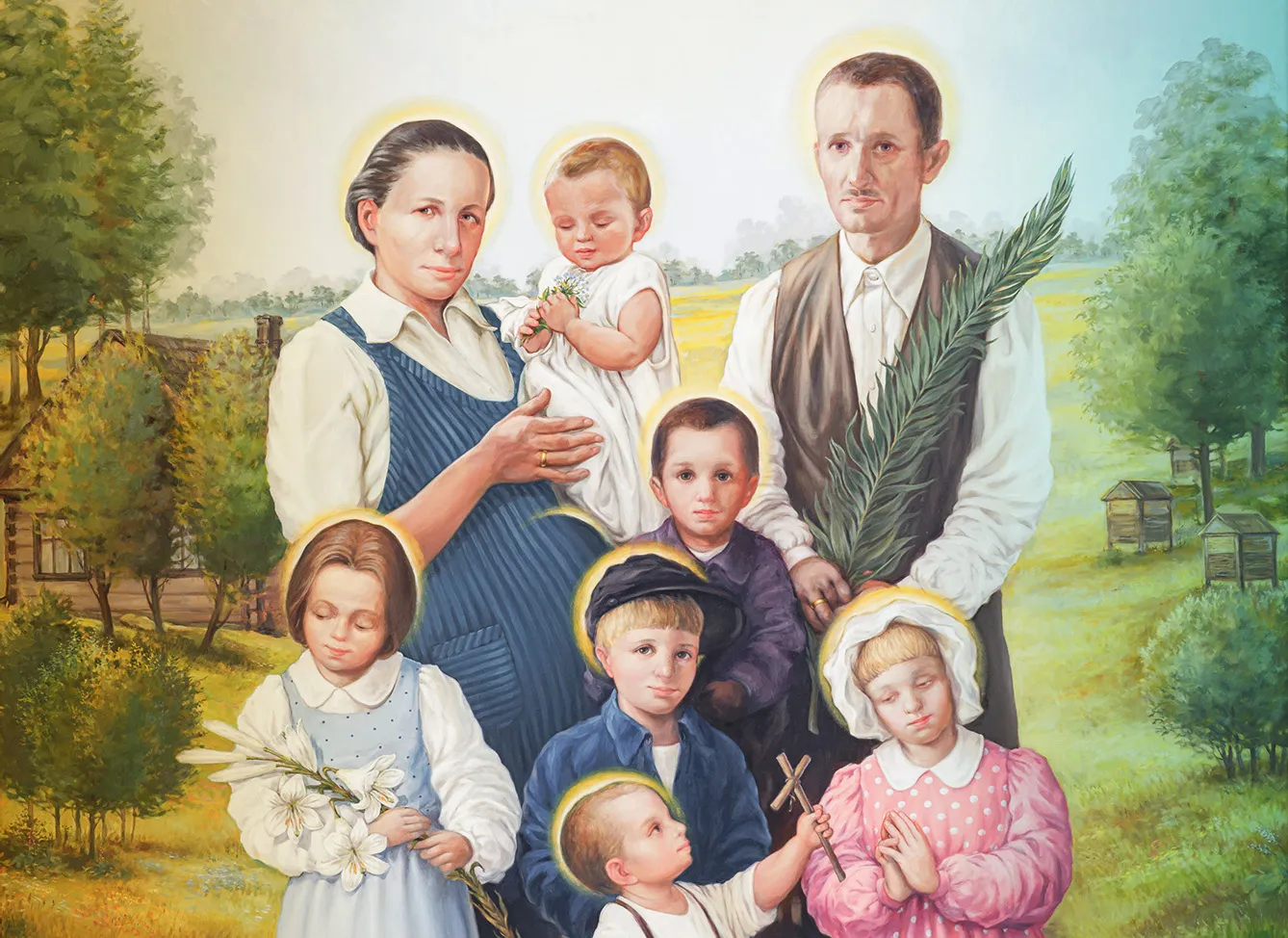
The Blessed Ulma family Bible had 3 verses underlined
Read More: The Blessed Ulma family Bible had 3 verses underlinedBy Aleteia While the universal Church is just now getting to know the Ulma family — and finding ourselves in awe at their testimony and what this family means for the Church everywhere — in their hometown of Markowa, they’ve been well known for decades. They were known and loved by their neighbors even before their tragic…
-

A smiling Argentine nun on her way to canonization
Read More: A smiling Argentine nun on her way to canonizationBy Aleteia In 2016 social media was ablaze with the pictures of a smiling nun, with the caption that the nun was near the moment of death. While the picture was not taken at the moment of her death, it was a picture of a joyous and smiling nun who embraced her suffering. Sister Cecilia,…
-
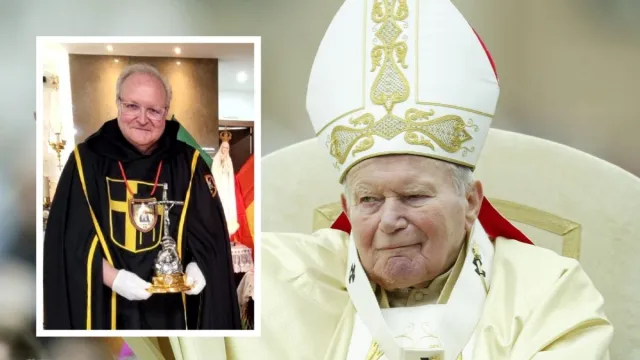
Man cured of cancer through the intercession of John Paul II
Read More: Man cured of cancer through the intercession of John Paul IIernando Pedro Nieto Giménez is the provincial of the Spanish Province of the Order of Knights of St. John Paul II. When his beloved son fell ill with an aggressive form of cancer, he was terrified. He went to the hospital chapel next door and prayed through the intercession of the Polish pope for a miracle.…
Search
Popular Posts
-
🙏 A New Chapter Begins: Supporting Pope Leo XIV with Prayer and Hope | W/ Daniel O’Connor
“Give the new pope a break and support him with your prayers.”–…
-
Possible Candidates for The Next Pope!
Some Candidates for the New Papacy Today we will share with you…
Categories
Archives
Tags
#Miracles (102) 2023 (4) 2024 (4) approved miracles (2) catholic (141) catholic blog (375) catholic meditations (7) catholic miracles (371) catholic motivation (2) catholic news (371) catholic prayers (4) CatholicSeers (359) catholic vlog (375) catholic websites (6) Eucharistic miracle (2) fr jim blount (3) GisellaCardia (11) hamas (3) imitation of christ (2) Israel (4) israel live (5) Israel news (9) jesus (3) jesus christ (4) Latest messages (11) lent 2023 (10) lent 2024 (4) lent homily (2) lent retreat (4) lent retreat 2023 (3) Lourdes (2) messages from god (6) MessagesFromHeaven (364) miracles of catholic church (2) mother and refuge (2) ourlady (325) OurLadyApparitions (22) our lady of lourdes (2) Pope (2) POPE francis (3) pope francis news (2) prayers (3) real miracles (356) sacred heart of jesus (2) The Miracles of Lourdes (2)



